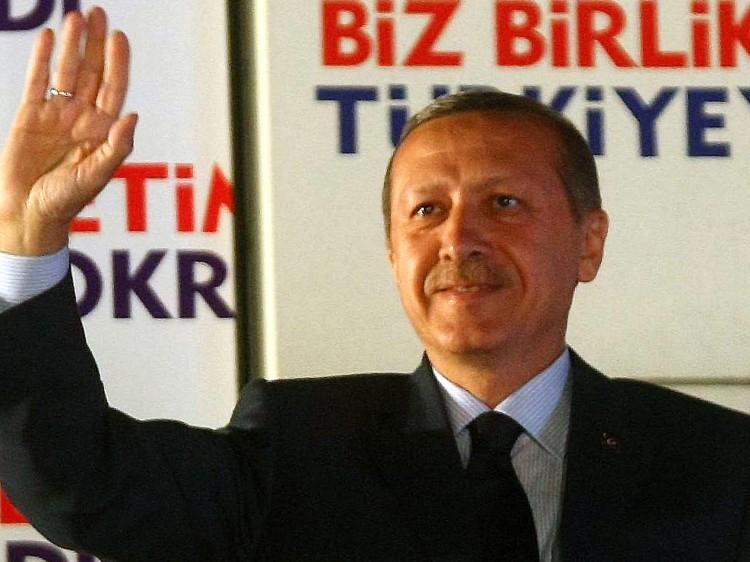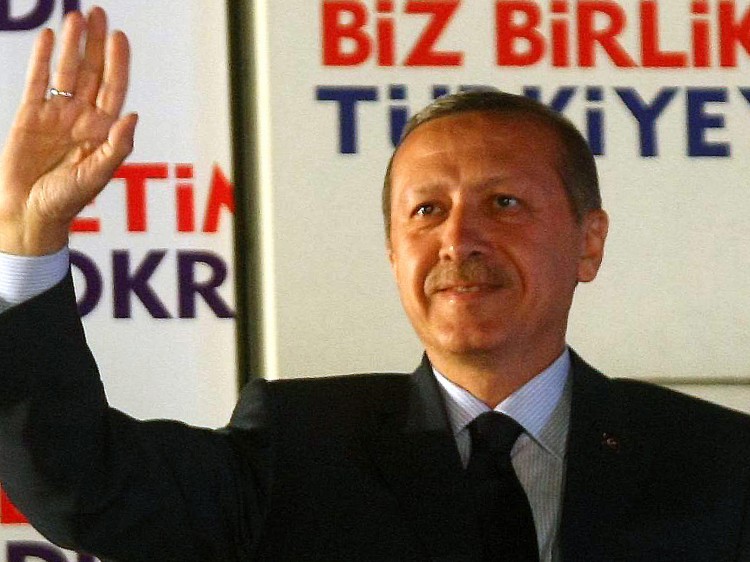“The results open the way to further strengthening of Turkey’s democratic institutions, as well as the continued modernization of the country—in line with European values and standards,” said the EU in an official statement on June 13.
The victory saw over 50 percent of the votes going to Erdogan, giving his party 326 of the 550 seats in parliament.
However, the AKP still fell four seats short of the required majority, which would have enabled the party to directly put forward proposals to change the constitution in a referendum and to rewrite the constitution.
Now the AKP has to rely on reaching consensus with the opposition for constitutional reform.
The current constitution dates back to the 1980s when the country was under military rule, thus it is highly dictatorial in nature. Rewriting the constitution is therefore seen as a top priority for Turkey and the EU.
“We are convinced that the coming period offers new opportunities for further reforms, including working on a new constitution, in the broadest possible consultation and a spirit of dialogue and compromise, and for strengthening confidence between Turkey and all EU Member States,” reads the EU statement.
Accession of Turkey Into EU
Turkey first applied for full membership in the EU in 1987, and has been a candidate country since December 1999. Negotiations for entry started back in 2005.
The question of Turkey’s entry into the EU is a highly charged issue.
The main reason stated to oppose Turkey’s entry is its poor human rights record, which is closely linked to its outdated constitution.
The EU statement went on to say that the progress Turkey has made in re-writing the constitution “should also give new impetus to entry negotiations with the European Union.”
Another concern of some states is that Turkey is predominately Muslim, raising concerns about their cultural integration into the EU.
The current economic malaise in Greece is also likely to negatively affect public opinion within EU member states with regard to enlarging the union at this point, particularly with an economically weak state.
However, supporters of Turkey’s entry into the EU, including the U.K. and the United States, reason that Turkey plays a pivotal economical and political role in the eastern part of the Mediterranean and the Black Sea, which in turn could be of strategic value to Europe.
European Commission President José Manuel Barroso indicated that Turkey’s possible entry into the EU will take at least until 2021.




